Best Time for Vinyl Fencing Installation
Vinyl fencing installation can be performed year-round, but certain weather conditions and seasonal factors influence the quality and durability of the installation process. Understanding the optimal timing can help ensure a long-lasting and visually appealing fence.
Spring offers moderate temperatures and increased daylight, making it suitable for vinyl fencing installation. Avoid early spring if soil is still frozen.
Summer provides warm weather and longer days, facilitating efficient installation. Ensure weather is dry to prevent delays.
Fall can be ideal due to cooler temperatures and less rainfall, but installation should be completed before winter.
Winter installation is possible in mild climates, but cold temperatures and snow can hinder work and affect materials.
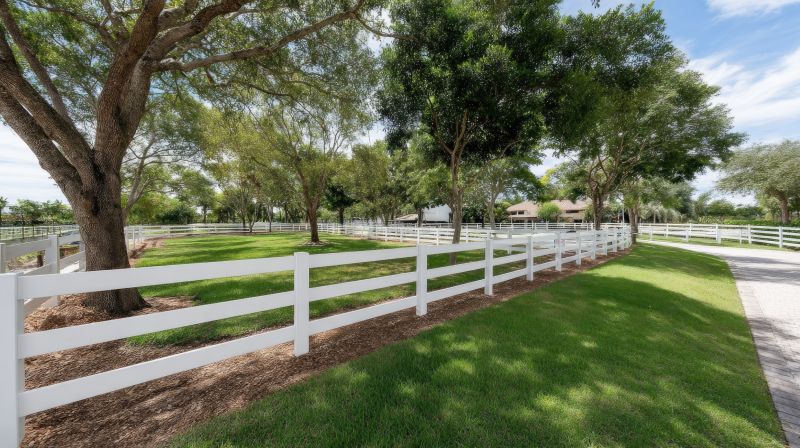
A crew installing vinyl fencing amidst blooming trees.
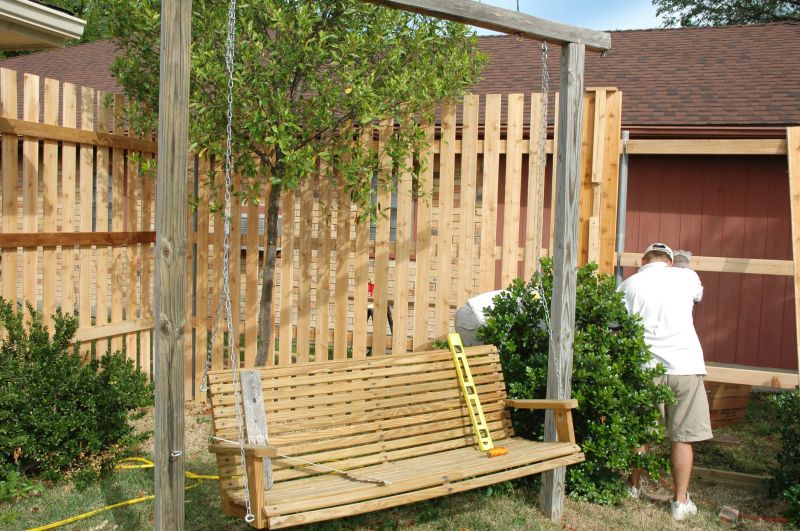
Workers assembling a vinyl fence under clear skies.
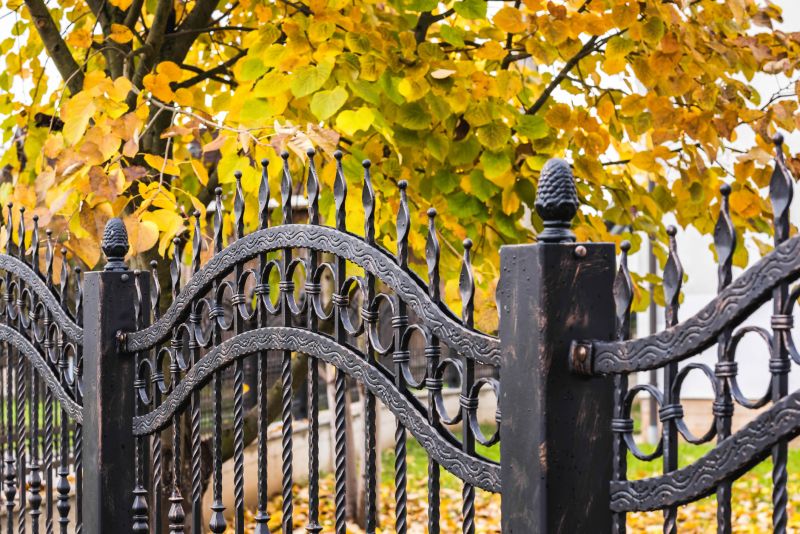
A partially completed vinyl fence with autumn foliage in background.
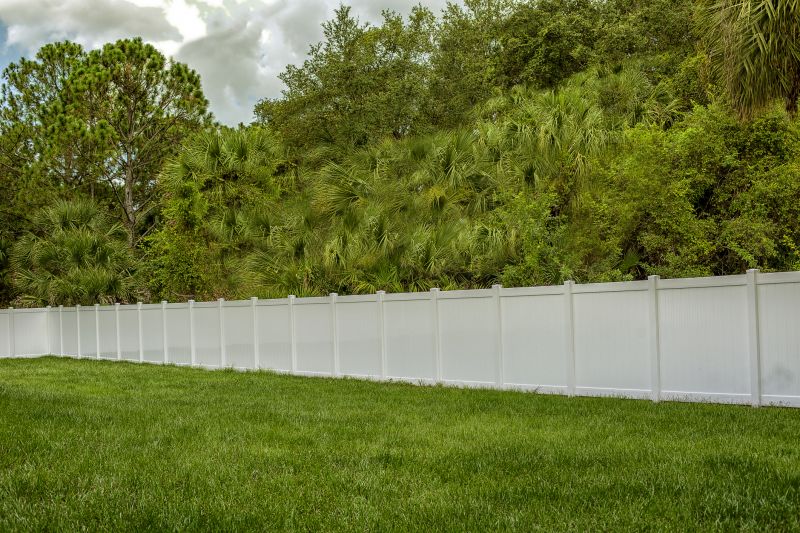
Ways to make Vinyl Fencings work in tight or awkward layouts.
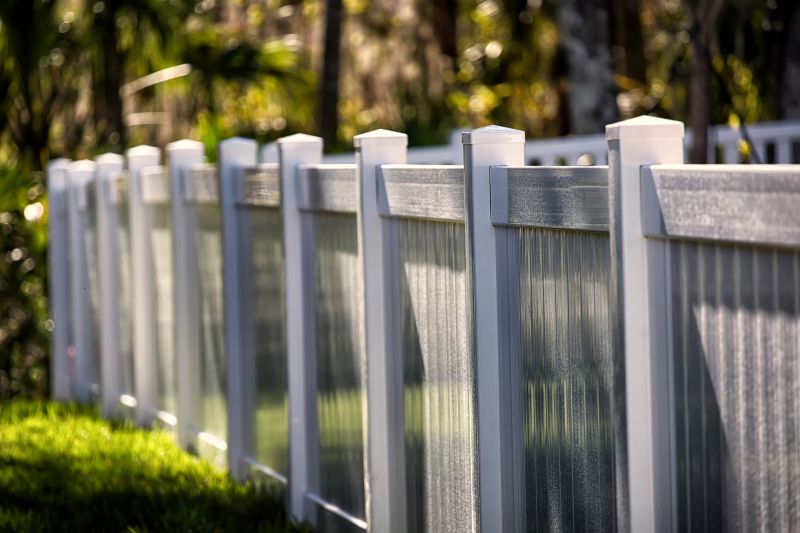
Popular materials for Vinyl Fencings and why they hold up over time.
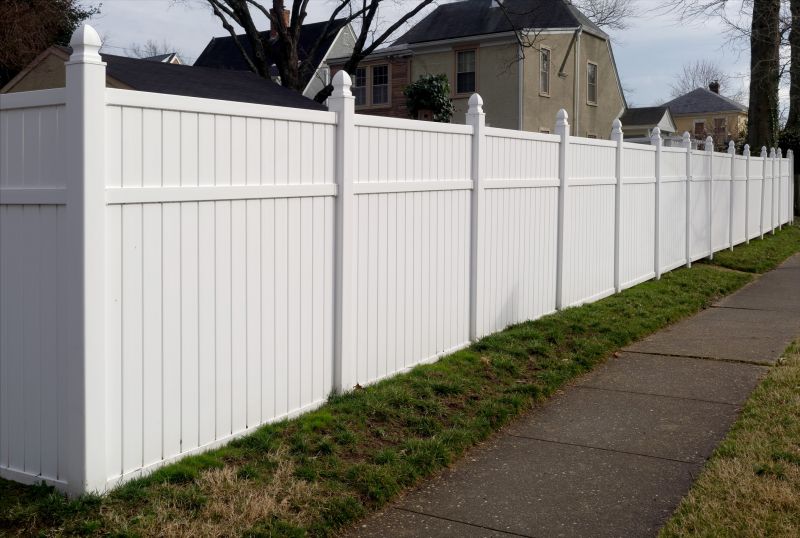
Simple add-ons that improve Vinyl Fencings without blowing the budget.
| Season | Best Practices |
|---|---|
| Spring | Install after soil thaws; avoid early spring freezes. |
| Summer | Schedule during dry periods; ensure ample hydration for materials. |
| Fall | Complete before temperatures drop; avoid late fall snow. |
| Winter | Suitable in mild climates; be prepared for potential weather delays. |
Vinyl fencing is a popular choice due to its low maintenance, durability, and aesthetic appeal. It resists pests, rot, and corrosion, making it suitable for various climates. Vinyl fences can last for decades with proper installation and care, with an average lifespan exceeding 20 years. The material's resistance to weathering and fading ensures consistent appearance over time. Proper timing of installation can prevent issues such as cracking, warping, or improper setting caused by adverse weather conditions.
Statistics indicate that vinyl fencing accounts for a significant portion of fencing installations due to its cost-effectiveness and longevity. When installed during optimal weather conditions, the risk of damage or installation errors decreases, extending the lifespan of the fence. Regular inspections and maintenance can further enhance durability, ensuring the fence remains functional and attractive for many years.
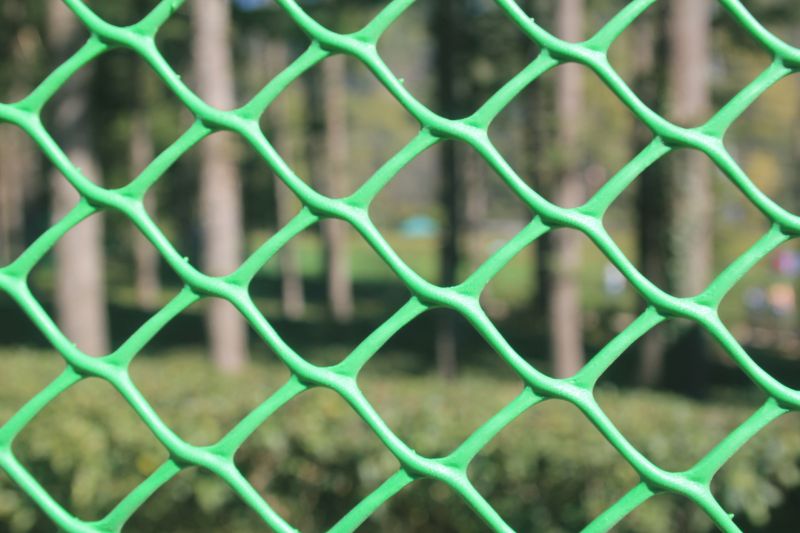
Close-up of a vinyl fence with vibrant greenery.
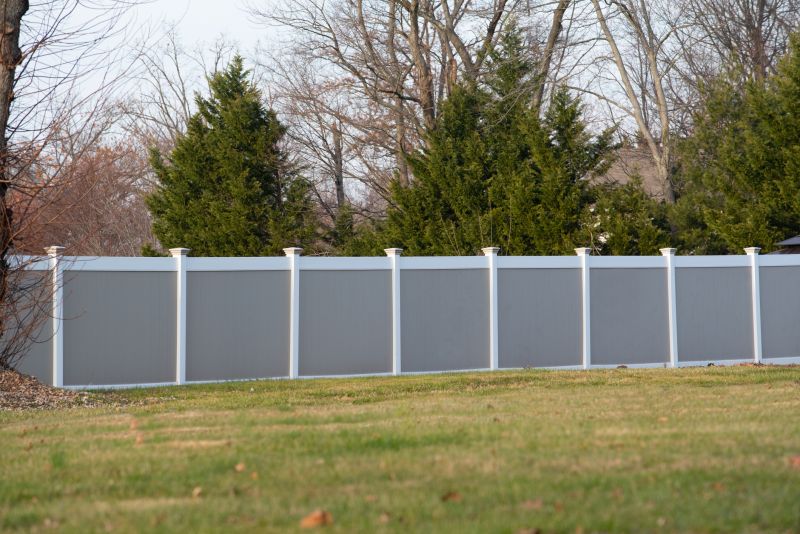
Vinyl fencing with fall leaves in the background.
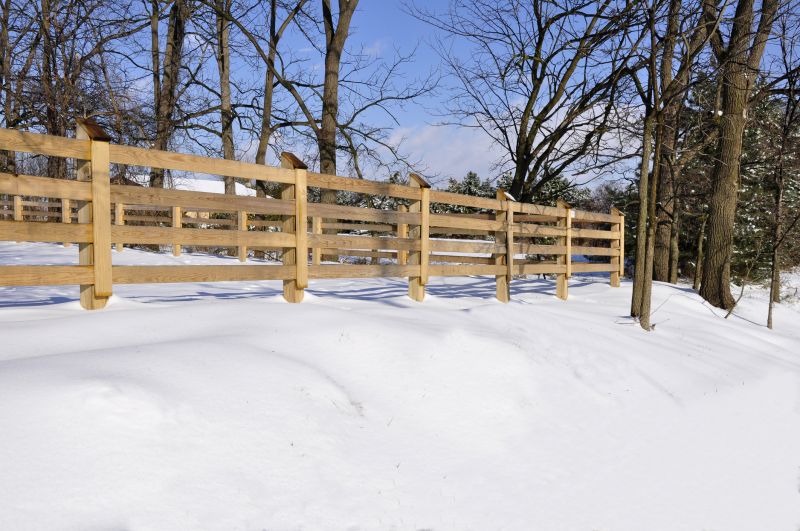
Vinyl fence with snow-covered surroundings.
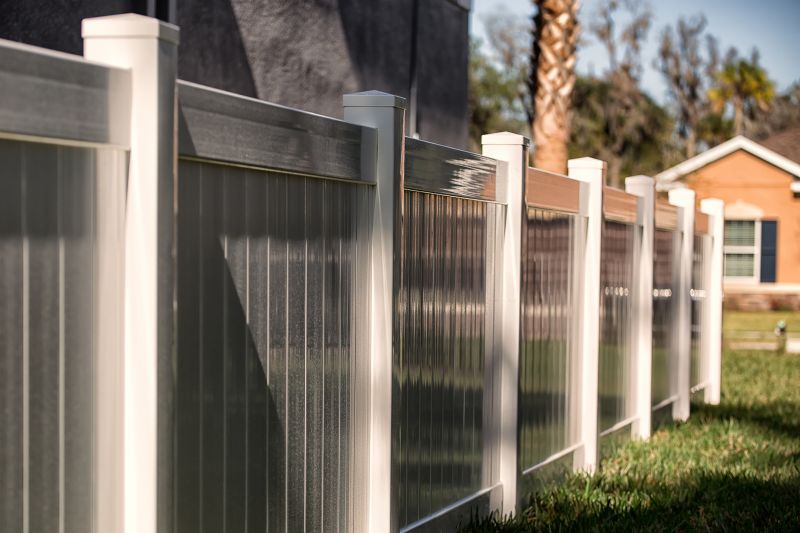
High-end options that actually feel worth it for Vinyl Fencings.
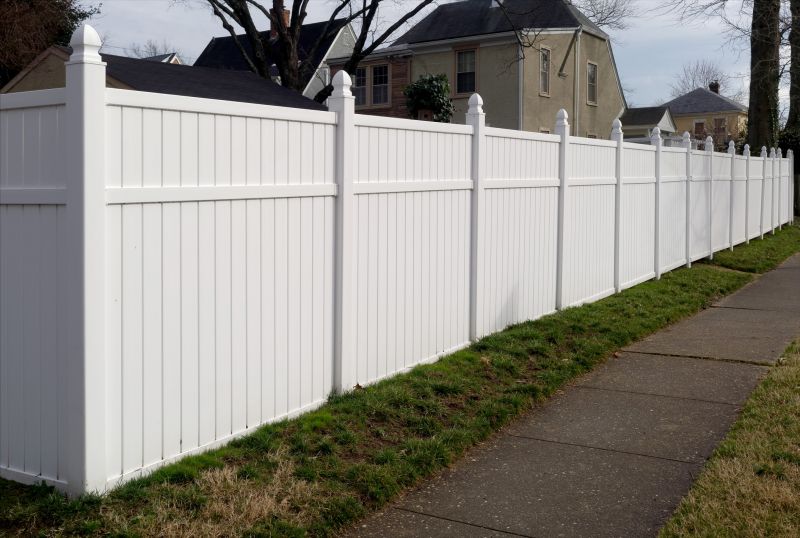
Finishes and colors that play nicely with Vinyl Fencings.
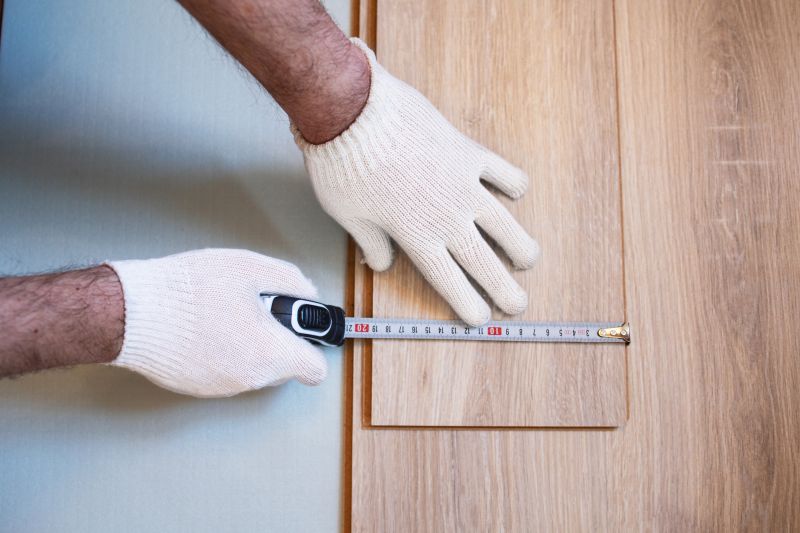
Little measurements that prevent headaches on Vinyl Fencings day.
Individuals interested in vinyl fencing are encouraged to contact for further information or to discuss installation timelines. Proper planning and timing can ensure a smooth process and a durable, attractive fence that meets specific needs and preferences.
